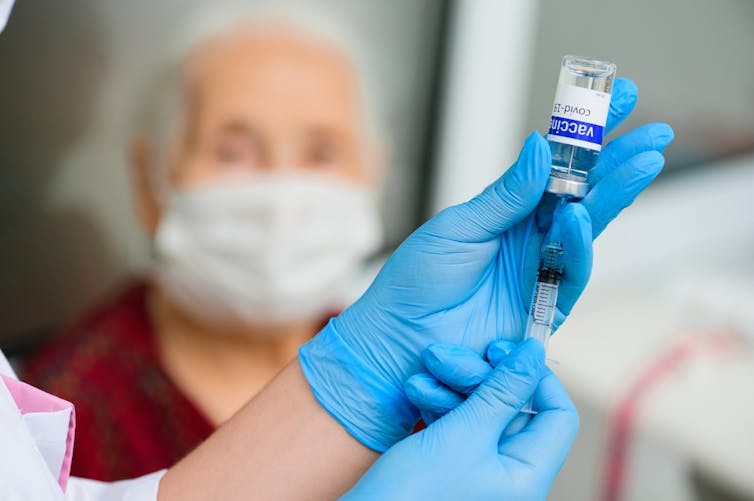Cross Post: There’s no Need to Pause Vaccine Rollouts When There’s a Safety Scare. Give the Public the Facts and Let Them Decide
Written By: Julian Savulescu, University of Oxford; Dominic Wilkinson, University of Oxford;
Jonathan Pugh, University of Oxford, and Margie Danchin, Murdoch Children’s Research Institute
This article is republished from The Conversation under a Creative Commons license. Read the original article.

For instance, reports of blood clots associated with the AstraZeneca vaccine led to several European countries suspending their vaccination programs recently, only to resume them once these clots were judged to be a coincidence. However, authorities couldn’t rule out increased rates of a rare brain blood clot associated with low levels of blood platelets.
There are also problems with the Pfizer and Moderna vaccines. By early February 2021, among the over 20 million people vaccinated in the United States, there have been 20 reported cases of immune thrombocytopenia, a blood disorder featuring a reduced number of platelets in the blood. Experts suspect this is probably a rare vaccine side-effect but argue vaccination should continue.
So what happens with the next safety scare, for these or other vaccines? We argue it’s best to give people the facts so they have the autonomy to make their own decisions. When governments pause vaccine rollouts while investigating apparent safety issues, this is paternalism, and can do more harm than good.Read More »Cross Post: There’s no Need to Pause Vaccine Rollouts When There’s a Safety Scare. Give the Public the Facts and Let Them Decide

